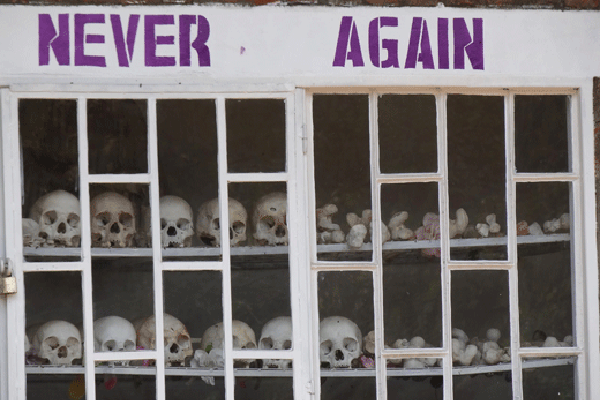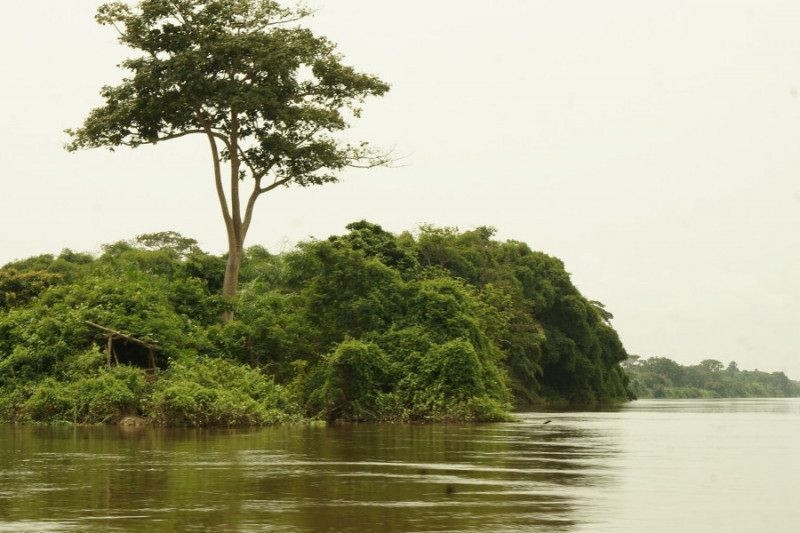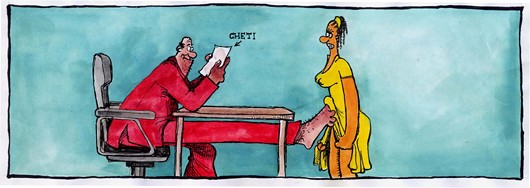Donderdag 09 Mei 2019

ASCL Seminar: 25 years after the Rwandan Genocide
Donderdag 09 Mei 2019 15:00 - 18:00
In less than a hundred days, more than 800,000 Rwandese people were murdered in a deliberate and well-organized act of genocide, orchestrated by then-members of the Rwandan government. The genocidal regime targeted the Tutsi population and moderate Hutu who opposed the killings. Many Hutu and Twa also lost their lives as the genocide unfolded in the context of a civil war between the Hutu-dominated government and a Tutsi-dominated rebel movement, the Rwandan Patriotic Front (RPF). The killings started on the 6th of April, following a rocket attack that caused a plane carrying the presidents of Rwanda and Burundi to crash. Despite the presence of a considerable UN peacekeeping force at the outbreak of the violence, the international community failed to intervene, pulling most of their forces out and ignoring any pleas for help. This failure to act allowed the killings to continue until the 4th of July, when Rwandan Patriotic Front forces, then led by the current president Paul Kagame, were able to take control of the country, ousting those responsible for the genocide from the country. How did the Rwandan Genocide come to be and why did it happen? Could it have been prevented if the international community had done more? If so, how does humanity as a whole prevent such events from happening in the future? This seminar will address these questions. Please note: this seminar will take place at the The Hague Campus, Location Wijnhaven. Please register

Weerkeren: art in conflicted countries - debat
Donderdag 09 Mei 2019 20:00
De Democratische Republiek Congo is al meer dan twintig jaar het toneel van een hevig conflict, voornamelijk over macht en grondstoffen. Veel inwoners kiezen ervoor om het land te verlaten. Faustin Linyekula deed het omgekeerde: hij keerde na vijftien jaar terug naar zijn geboortegrond waar hij Studios Kabako oprichtte. Dit debat gaat over de vraag welke functie kunst en kunstcentra kunnen hebben in een land in conflict. Linyekula gaat hierover in gesprek met o.a. Dessy Gavrilova, directeur van The Red House – Centrum voor Cultuur en Debat in Sofia, Bulgarije. Moderator van dit gesprek is Youri Albrecht, directeur van De Balie.

 Africaserver Agenda RSS Feed
Africaserver Agenda RSS Feed